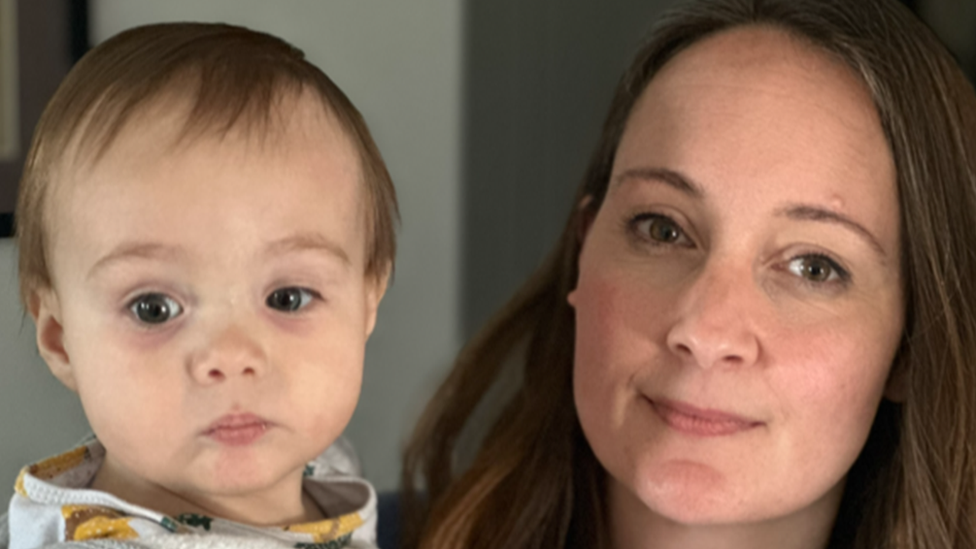Kent NHS trust issued warning over use of rapid tranquillisation
- Published

The Kent and Medway NHS and Social Care Partnership Trust has been issued with a warning notice
An NHS trust has been issued with a warning notice regarding its use of rapid tranquillisation.
Inspections of hospital wards in Dartford, Maidstone and Canterbury found a decline in the quality of care.
The Care Quality Commission (CQC) raised concerns that staff were not always aware of the potential impact sedation had to patients' health.
Kent and Medway NHS and Social Care Partnership Trust said it was committed to improving its care and services.
The acute wards for adults of working age and psychiatric intensive care units (PICU) at Littlebrook Hospital in Dartford, Priority House in Maidstone and St Martins Hospital in Canterbury were inspected in May.
A warning notice was issued calling on staff to follow local and national recommendations to monitor and record a person's physical health after rapid tranquilisation had been administered.
Following this inspection, the rating for the acute wards for adults of working age and PICU was decreased from good to requires improvement.
'Valuable feedback'
CQC deputy director of operations Serena Coleman said while staff were working to meet people's need, records could not always be found to explain why some medications were necessary to administer.
"There were examples where reviews hadn't happened for long periods, meaning staff couldn't be sure it was still appropriate to administer to people," she said.
"We also found that staff didn't always follow the trust's guidelines on documenting the monitoring of people's physical health after administering medicines for rapid tranquilisation."
Andy Cruickshank, chief nurse at the trust, said the findings of the inspections provide "valuable feedback" to help improve.
"We acted swiftly in response to the CQC's warning notice on rapid tranquilisation to immediately address their concerns," he said.
Mr Cruickshank said 93% of staff had undertaken bespoke training as a result.
He added: "Many of the systemic areas identified for improvement were issues we were already working to resolve, and we will continue this work at pace."

Follow BBC South East on Facebook, external, on Twitter, external, and on Instagram, external. Send your story ideas to southeasttoday@bbc.co.uk, external.
- Published29 March 2023

- Published27 May 2023

- Published26 May 2023

- Published17 February 2023
